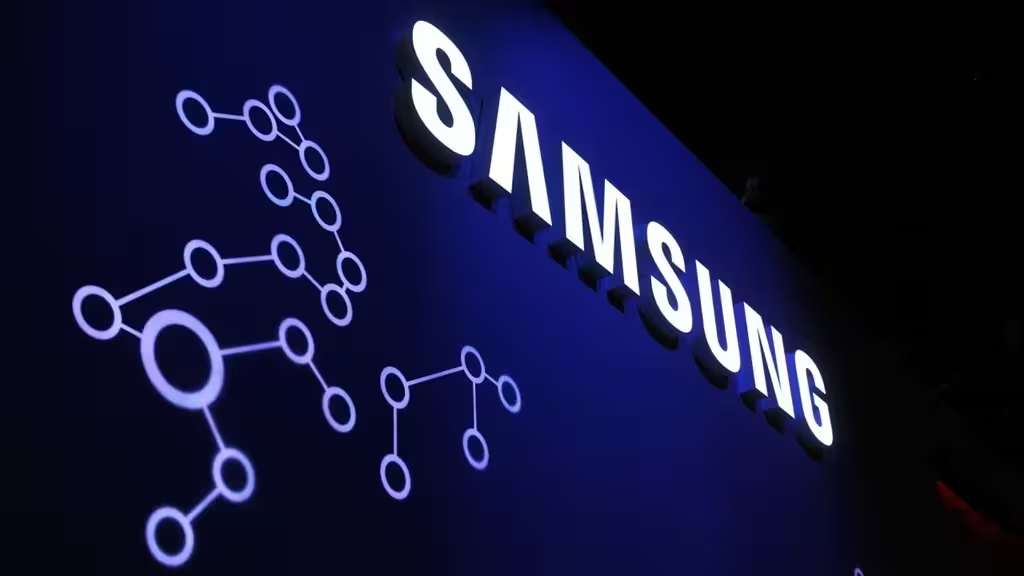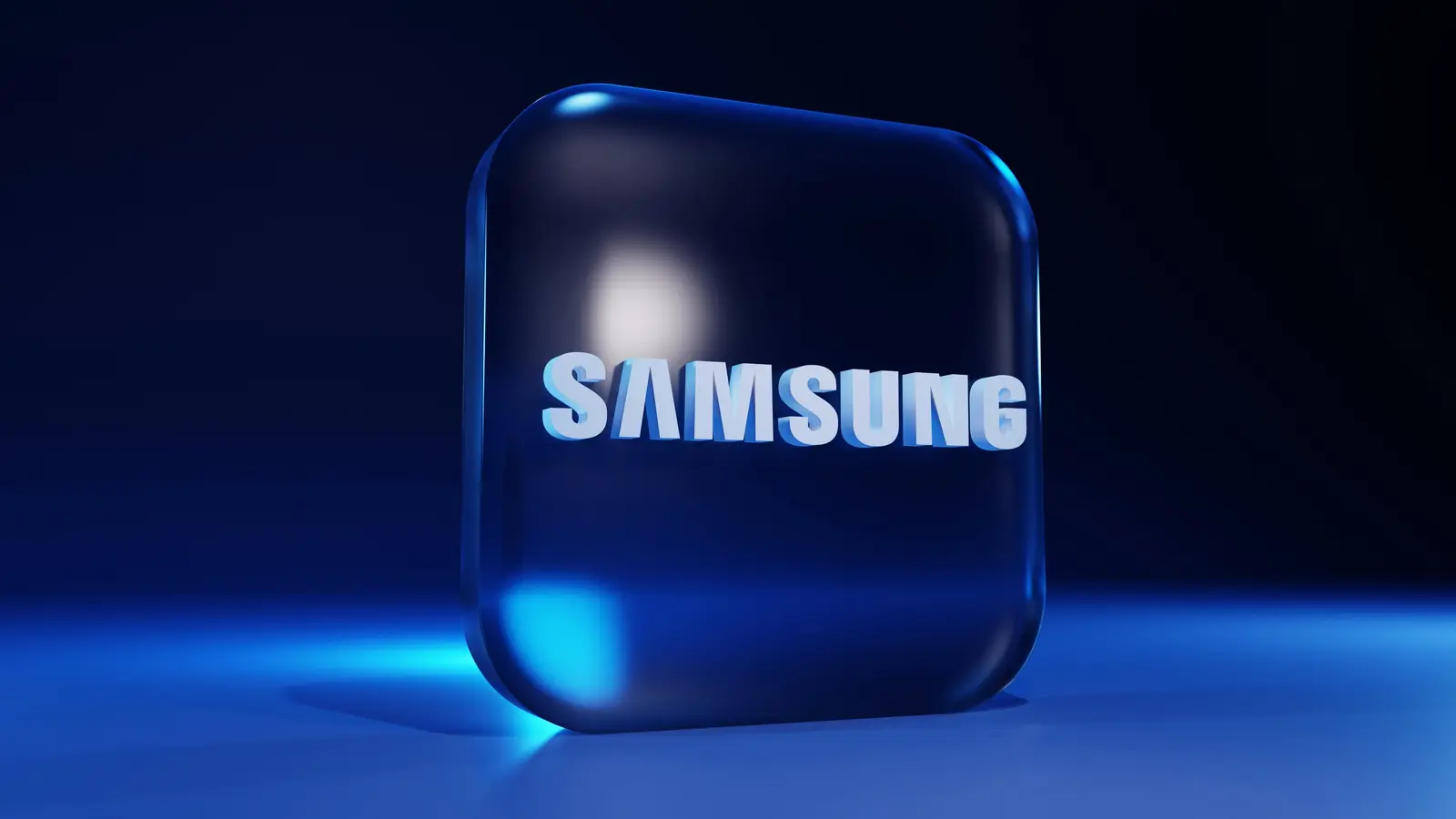3 Minutes
Samsung is closing in on mass production of ultra-advanced 2nm chips at its new Taylor, Texas fab. The milestone could reshape the US semiconductor landscape by bringing one of the world's most cutting-edge manufacturing processes to domestic soil.
Why Taylor, Texas matters for US chipmaking
The Taylor facility is one of Samsung's largest investments outside South Korea. After billions spent on a state-of-the-art foundry, the plant is reportedly a few months away from ramping 2nm production. That matters because 2nm nodes are scarce: only a handful of companies can build them, and demand is exploding from cloud providers, smartphone makers, and AI startups.
ASML and EUV: the machines that make it possible
Samsung's 2nm process depends on ASML's extreme ultraviolet (EUV) lithography systems. Recent job postings show ASML is hiring field service engineers in Austin to support equipment setup at Taylor, underlining how tight the partnership is. Without ASML's EUV tools and on-site expertise, making GAA-style 2nm chips simply isn’t feasible.

What will roll off the lines first — and why it matters
One of the earliest chips expected from the Texas lines is Samsung’s Exynos 2600. Beyond mobile processors, the 2nm node is crucial for next-gen AI accelerators, advanced memory, and other silicon that demands extreme performance and power efficiency. In short: faster, cooler, more efficient chips at scale.
- Higher performance and lower power use for AI and mobile devices.
- Stronger US presence in the global semiconductor supply chain.
- New jobs and technical expertise around advanced equipment like EUV tools.
Imagine data centers and flagship phones benefiting from denser, more efficient chips manufactured on American soil — that’s the strategic upside for both Samsung and the US. The Taylor plant is a clear signal that leading foundries see the US as a vital piece of the semiconductor puzzle.
As production lines begin to churn, expect ripple effects across suppliers, equipment vendors, and customers hungry for 2nm capacity. For now, all eyes are on Taylor and on ASML’s engineers getting those EUV systems running smoothly.
Source: sammobile


Leave a Comment